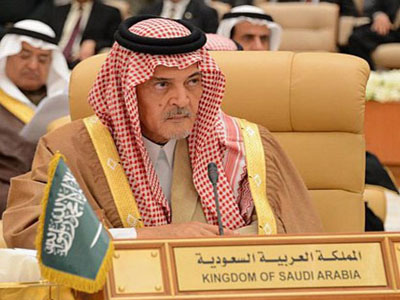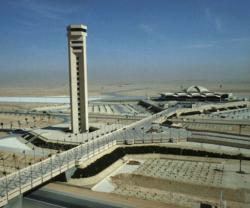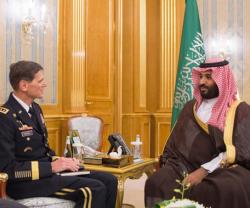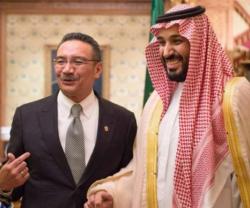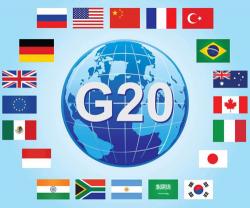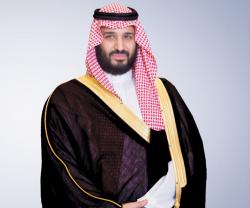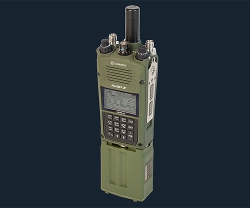Prince Saud, who was appointed in 1975, was the world’s longest serving Foreign Minister when he was replaced on April 29 by Adel al-Jubeir, the then Ambassador to Washington.
Al Arabiya News Channel reported that he “recently” struggled with Parkinson's disease.
U.S. President Barack Obama and Secretary of State John Kerry paid heartfelt tribute to the late Diplomat, saying he had left a legacy that would live on despite his death.
“Generations of American leaders and diplomats benefited from Prince Saud's thoughtful perspective, charisma and poise, and diplomatic skill. He was committed to the importance of the U.S.-Saudi relationship and the pursuit of stability and security in the Middle East and beyond, and his legacy will be remembered around the world,” Obama said in a statement.
The Prince, who was born in 1940, was one of the highest profile members of Saudi's ruling elite and steered the diplomacy of the world's leading oil exporter for four decades before stepping down in April for health reasons. The veteran diplomat was fluent in seven languages but chose to conduct his high-profile press conferences and interview in his mother tongue.
He oversaw Saudi Arabia's emergence as a major diplomatic player, facing successive regional crises and maintaining a focus on relations with the West.
Prince Saud retained an influential position in Saudi foreign policy circles even after his replacement, serving as an official adviser to King Salman, who took power in January, and was sometimes present when foreign leaders met the Monarch
Prince Saud's tenure covered Israeli invasions of Lebanon in 1978, 1982 and 2006, the Palestinian intifadas that erupted in 1987 and 2000, Iraq's invasion of Iran in 1980 and Kuwait in 1990, and a U.S.-led coalition's occupation of Iraq in 2003.

